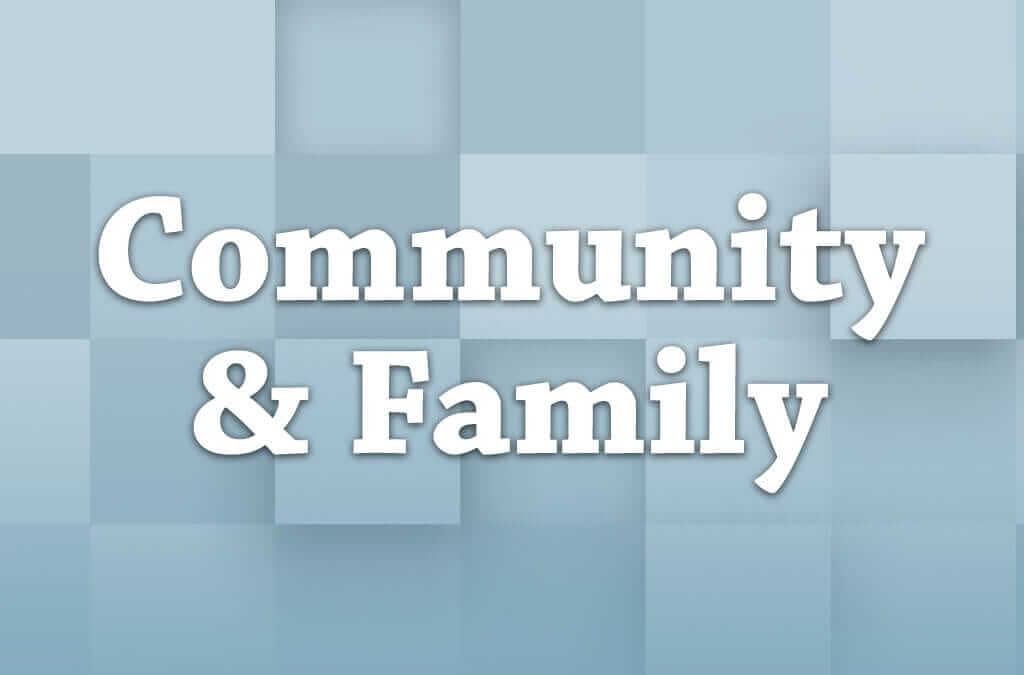Identity theft is a serious issue that could touch the life of any American. The Bureau of Justice stated in its most recent report that this threat is affecting more than 8.5 million families per year, including victims as young as 12 years old. The need to safeguard yourself and loved ones is becoming increasingly pressing as modern technology and persistent attacks leave many open to financial ruin.
Know the danger
All personal information is subject to theft and fraudulent misuse including your name, birthday and any financial information, according to the Federal Trade Commission (FTC).
The ways thieves obtain data are as varied as the things they do with stolen information. They might sift through garbage, send you misleading emails or just take physical mail out of your mailbox, according to the FTC. Once they have your information, they might abuse mobile banking, manipulate accounts and money, rent or buy real estate using your name or even get credit cards and run up bills with your data.
The Bureau of Justice said 35 percent of all families affected by these kinds of theft saw their own accounts abused. Checking your account statements regularly through online banking or speaking to financial representatives at your bank can help guarantee that if any fraudulent transactions are occurring, you can catch it quickly to protect your assets and your family.
Follow your money
Making sure your financial plan is safe from prying eyes is critical to fiscal success. It is essential you recognize every transaction on your account statements and are familiar with normal correspondence methods of companies with which you conduct business. Standard mail, phone calls, emails and text messages may ask you for information they aren't privileged to know, and these requests are most often from hackers. Knowing the difference between a fraudulent and legitimate request is key.
The National Consumers League's Internet Fraud Watch recommends being wary of any request made through these methods for information. A legitimate source should never ask for a written response providing your full name, Social Security number or any account login information. Any of these requests made via pop-up window are also suspect. Another Internet watchdog group, iSafe, says physical correspondence should have similar safeguards. Locking your mailbox, shredding your received letters and only dropping your mail off at the post office, not in a stand-alone box, will ensure nobody else intercepts your correspondence.

